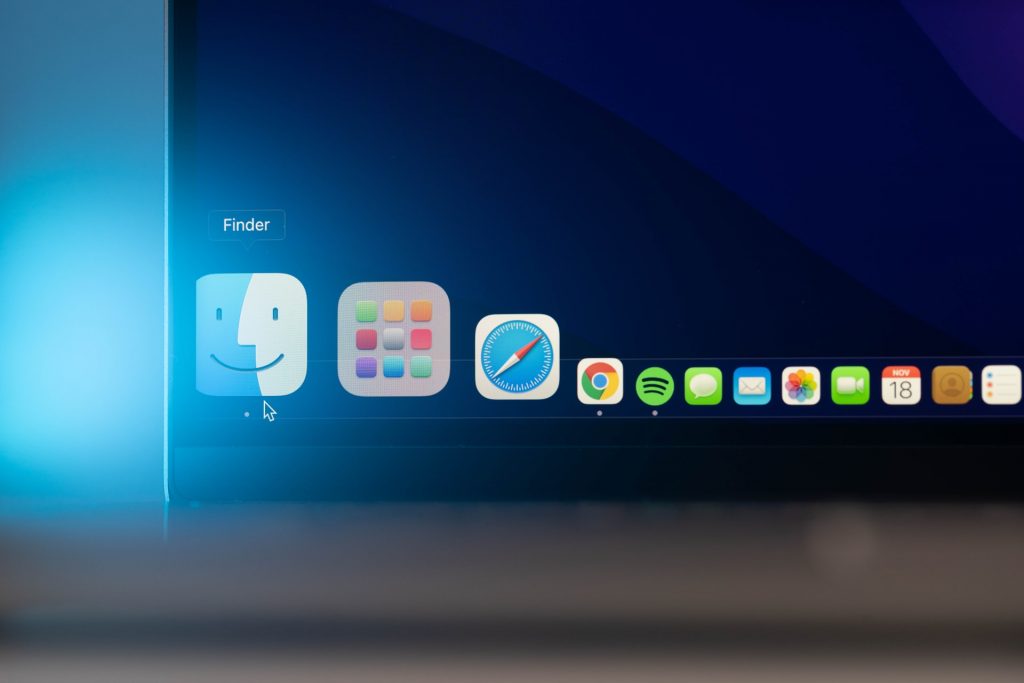In a significant shift, Apple’s iOS 17.4 update brings deep changes to the iOS operating system, primarily aimed at complying with the European Union’s Digital Markets Act (DMA). This update gives users in the EU a higher level of control over their default browser and app choices on iPhone and iPad devices.
Upon upgrading to iOS 17.4, EU users will encounter a new splash screen in Safari, inviting them to select their preferred default browser. This choice is not limited to the traditional options previously available on iOS. Instead, users can choose from a comprehensive list of the most popular browsers downloaded on iOS devices, such as Firefox, Opera, Chrome, Brave, and Microsoft Edge.
One of the most notable changes is the relaxation of Apple’s stringent browser engine requirements. Previously, all browsers on iOS, including widely-used ones like Chrome and Firefox, were required to use the WebKit engine. With the new update, there is a shift in this policy. For instance, Chrome can now utilize its Blink engine, both for standalone browser apps and for browsing experiences within other applications.
Additionally, the update introduces support for alternative app marketplaces, allowing users to choose their default app store. A further significant change is the ability to select a default contactless payment app, adding another layer of customization to the iOS experience.
These changes, however, are currently limited to iPhone and iPad users in the European Union.
The update, part of iOS 17.4, is already available as a beta version for developers, marking deep changes in Apple’s approach to user choice in light of EU regulatory requirements.
